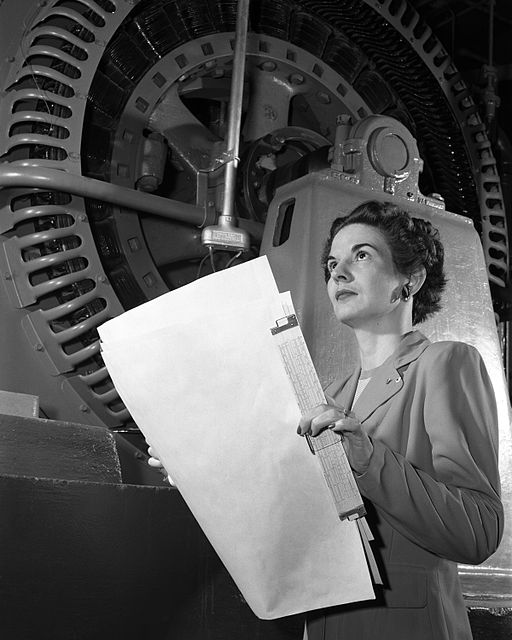If a person is considering a role within the Semiconductor industry, then they will be required to hold certain skills and personal qualities.

Positive Attitude
The Semiconductor industry, in particular, is an industry that requires collaboration, rather than competition, with co-workers. If a potential candidate displays an extremely competitive streak during interview, chances are the employer will not employ them.
Be Prepared to Commit
A job within the semiconductor industry requires commitment and determination. While a person’s commitment to their job and employer is relevant in any industry, it is especially so in relation to the semiconductor industry.
Breadth of Skills
Students training to become involved in the industry should be excellent communicators; additionally, experts within the field state that knowing the tools used within semiconductor jobs is extremely important, perhaps equally as important as the practicalities of the role; such as circuit design.
The institutes that provide the relevant courses for entry into the field are, in general, extremely selective as to which students they take on. Conversely, however, potential students should choose their institute carefully, as tutors that are skilled motivators produce much better results; this is unsurprising given the complexity of the concepts that are taught in this field.
Lifelong Learners
Experts within the field suggest that new engineers should be prepared to continue in their learning, as the industry has such a fast pace of technological change. The signs they look for in engineers that can continue to adapt are a strong knowledge base, as well as being prepared to invest time in necessary research; they additionally state that because of this, the role is an extremely demanding one.
An engineer in essence should have the mindset of a programmer. This, in addition to a positive approach to learning, represents whether or not an engineer is successful.
To this end, students and engineers alike, whether in the class room or in the field, should continually take notes, record meetings and do extensive internet research.
Interpersonal Skills
![]() Because a new engineer will undertake at least 6 months training, and will then go onto a project with a team, and will continually need to interact with teams across the world, there is a need for the personal to have good interpersonal skills, in addition to the aforementioned communication skills.
Because a new engineer will undertake at least 6 months training, and will then go onto a project with a team, and will continually need to interact with teams across the world, there is a need for the personal to have good interpersonal skills, in addition to the aforementioned communication skills.
Furthermore, due to the global nature of the industry, engineers are required to be sympathetic to other cultures; for example, an engineer must learn about how the unique and specific culture they are dealing with greet one another, or whether there are particularly different gender interactions.
The Future Is Bright
Throughout the financial crisis the semi-conductor industry has been relatively unaffected, seeing only a 2% drop in employment figures since 2010. Additionally engineers can expect to be in one of the highest paying industries globally. Certainly if a student is willing to commit to their learnings, and as an engineer have a continual focus on lifelong learning, then the benefits of the role are there to be taken.
Author Lyle Meyer has been developing semiconductors with his team at Prepol for years. His experience in the field is something he loves to share and he is always willing to help those around him.
